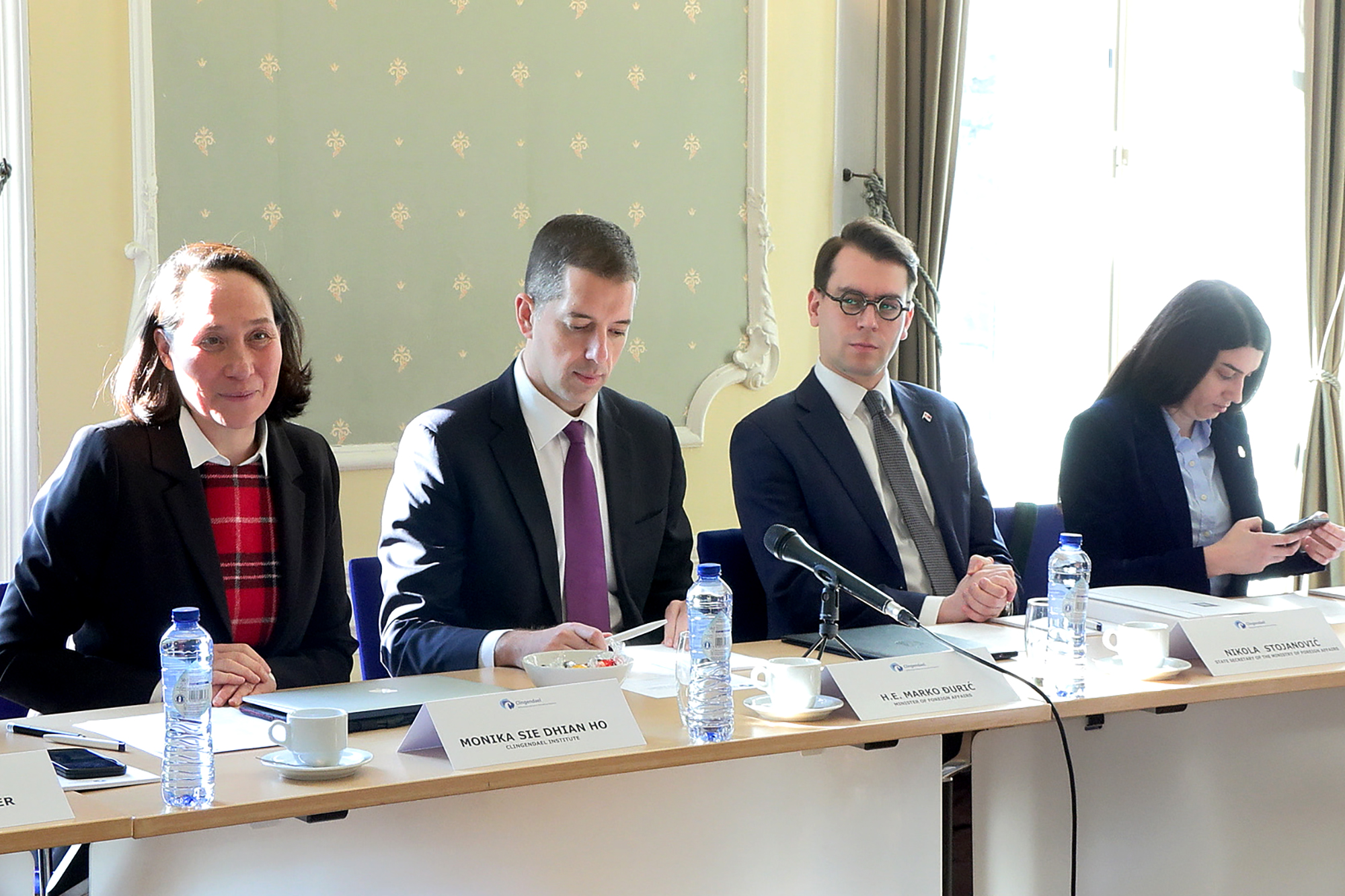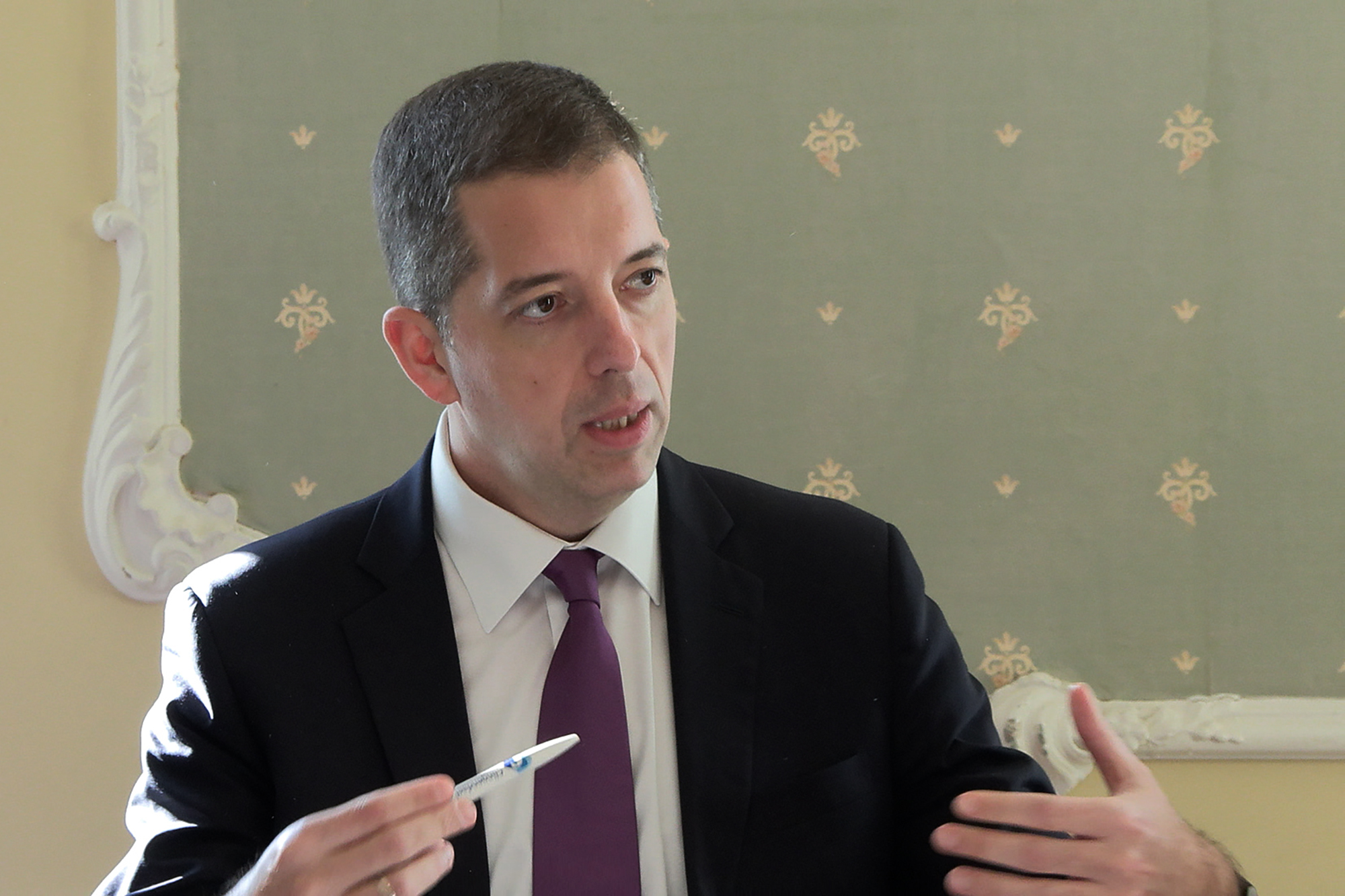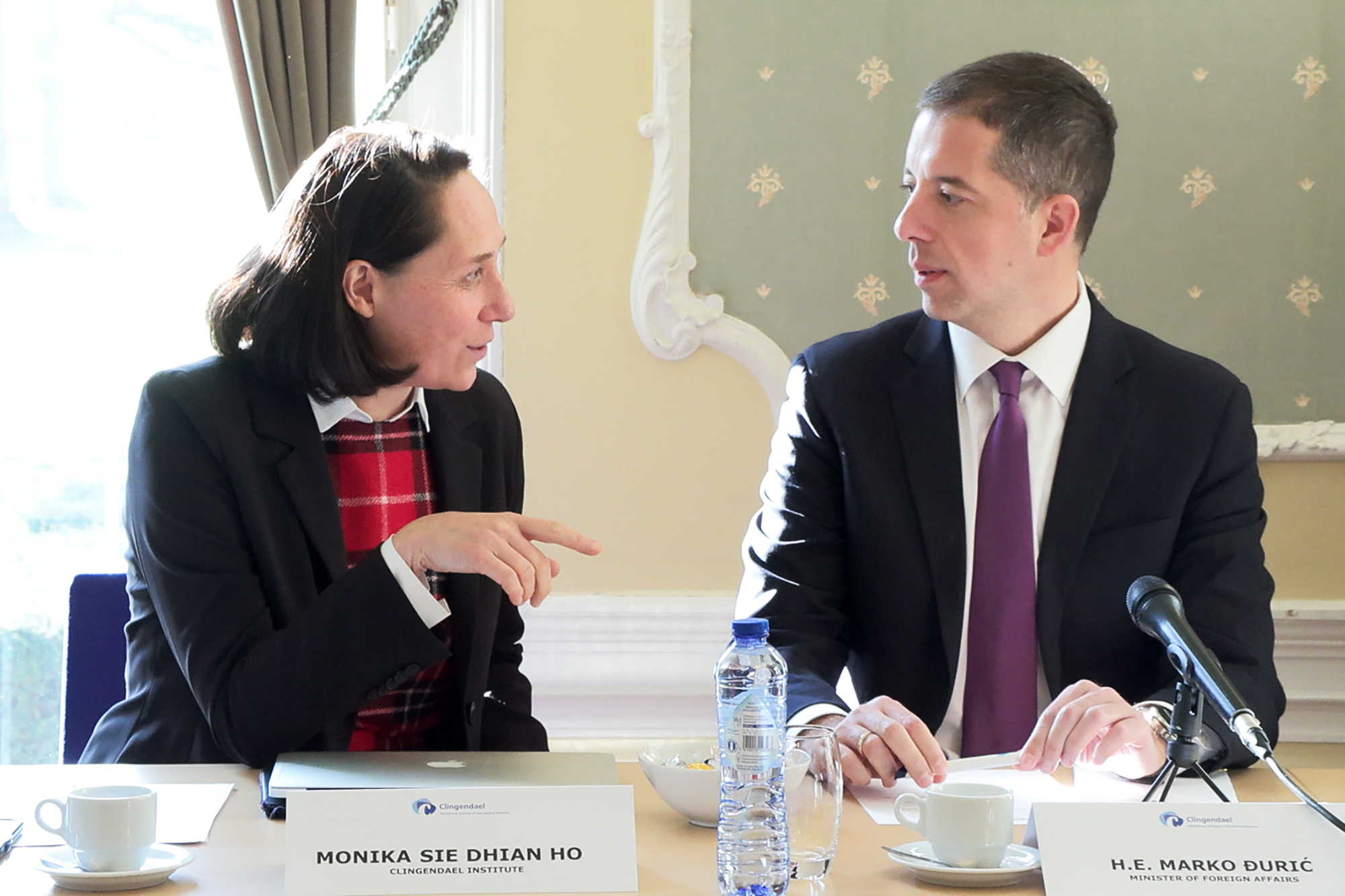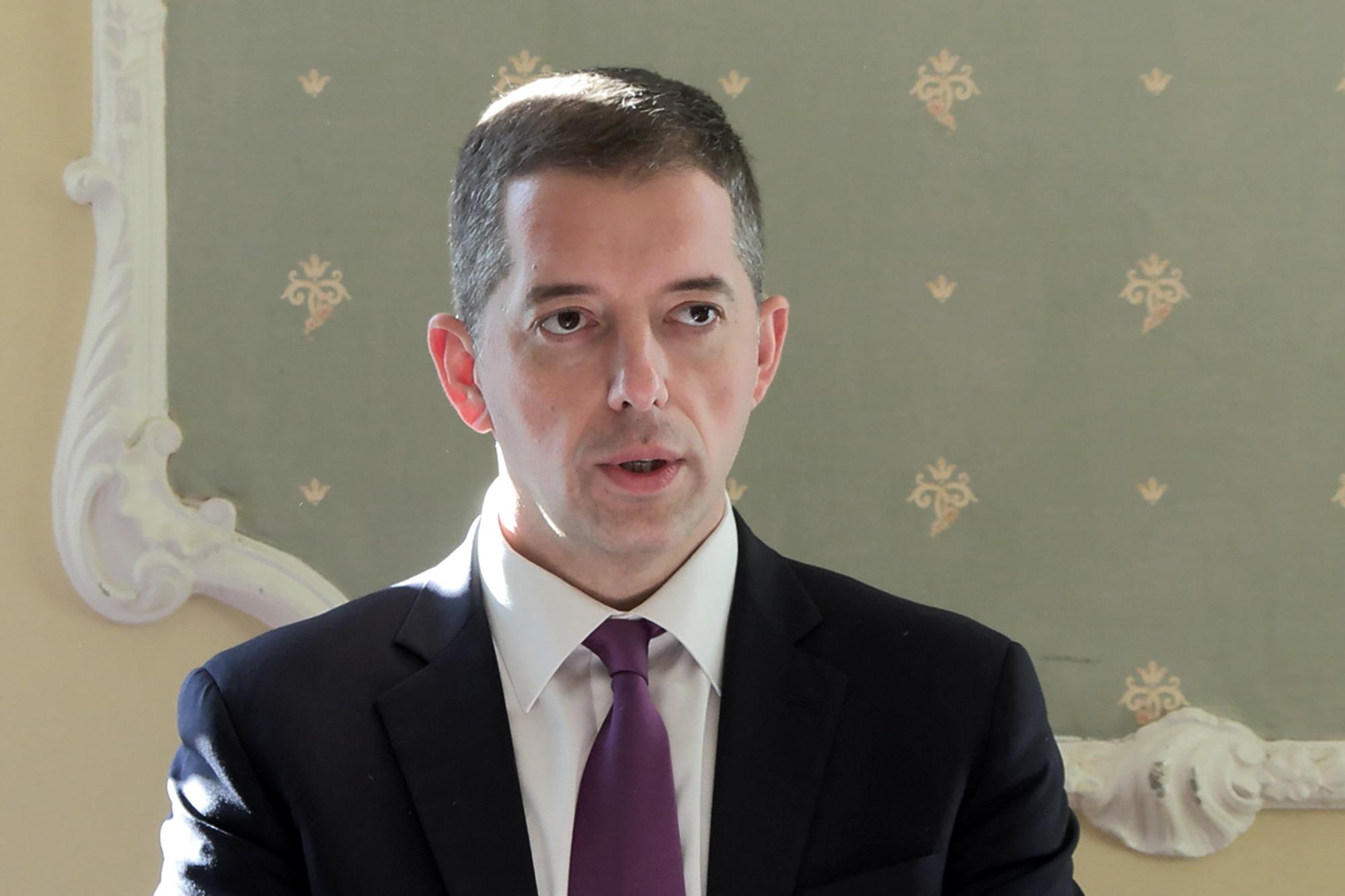Minister Đurić at the Clingendael Institute on Serbia’s Economic and Foreign Policy
“In recent years, Serbia has been focused on strengthening its economic development, building infrastructure, and enhancing relations with foreign partners, primarily with the EU. For this reason, the Government has made full EU membership its key strategic priority,” Đurić stated.
According to him, the Republic of Serbia aims to complete legal and social reforms by the end of 2026, and a comprehensive reform agenda has already been adopted to support this goal. He emphasized that the ongoing protests in Serbia will not hinder the implementation of these reforms.
“Serbia’s economy is progressing at a stable pace, and its strength has more than doubled in just one decade. This is not merely a matter of self-praise; it is visible and tangible in state revenues, the quality of public services, and the standard of living of our citizens,” Đurić explained.
Strong economic growth, he added, has also resulted in Serbia attracting most foreign direct investments in the Western Balkans, including from Dutch investors, who have established successful operations in the country.
"Focusing on EU membership is in our undeniable interest, given that the majority of our foreign trade is conducted with EU member states," he stated.
He also noted that Serbia faces inherited challenges, such as the Belgrade-Pristina dialogue, which has been slowed down in recent years due to unilateral actions by Pristina.
“This issue burdens Serbia’s relations with a segment of the international community, as we do not want our country to be associated with just one topic,” Đurić explained.
He also highlighted that Serbia’s foreign policy is significantly influenced by its historical role as one of the key capitals of the Non-Aligned Movement, which continues to benefit the country in its relations with Asian, African, and Latin American nations.
Additionally, the Republic of Serbia enjoys significant economic advantages through numerous free trade agreements, making it one of the few countries in Europe, alongside Switzerland, with such extensive trade benefits.
“I mention all of this because it is essential for understanding the essence of Serbia’s policy. If we had held this roundtable 15 years ago, the main topics would likely have been ideological or territorial issues. Today, however, the paradigm of Serbian politics is shifting towards economic and infrastructural development, the fight against corruption, economic and social mobility, and social justice,” Minister Đurić said.
According to him, Serbia is among the European countries with the largest number of neighbors, making good-neighborly relations one of the pillars of its foreign policy.
“Over the past few months, I have worked intensively on strengthening relations with our neighbors, particularly with those with whom dialogue has been neglected, as well as with those already in the EU, where we can find mutual benefits and shared interests through cooperation,” the Serbian Foreign Minister stated.




